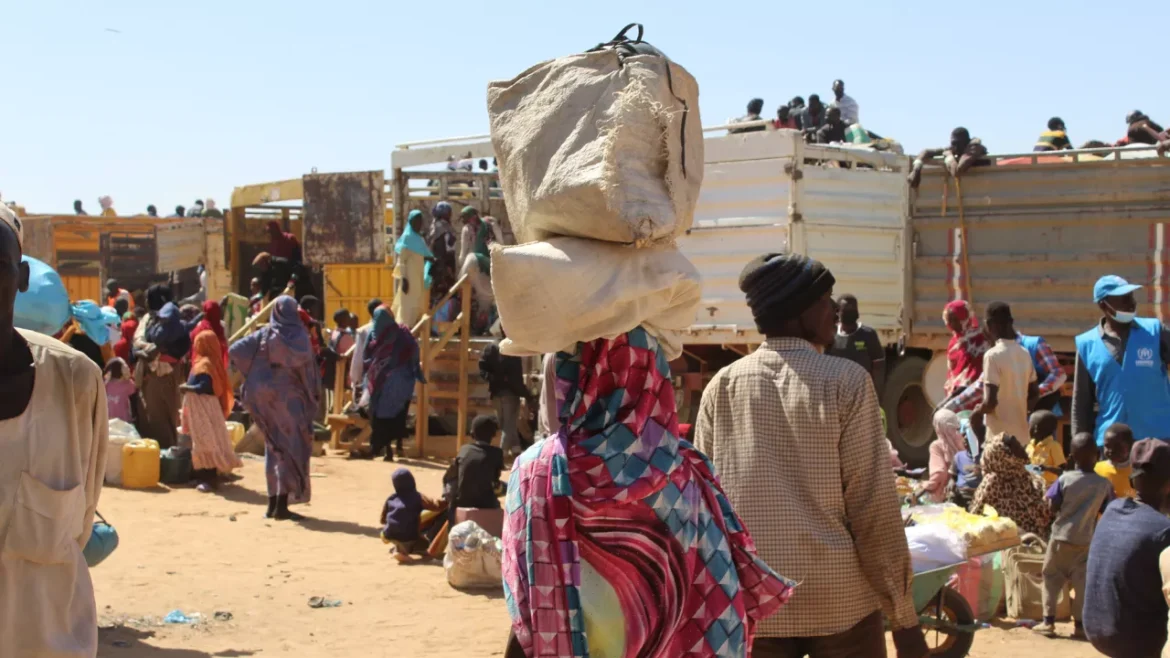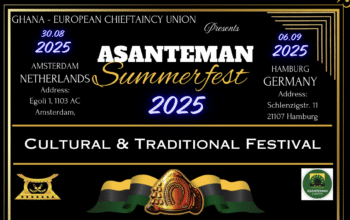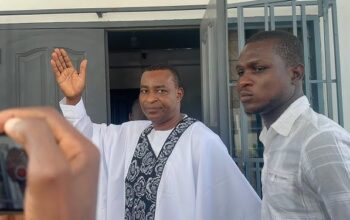Hungary is making a significant diplomatic move in Chad by establishing a presence that includes a humanitarian center and plans to send soldiers to aid in the fight against armed groups. This development has introduced the Hungarian language into the bustling streets of N’Djamena, alongside Arabic and French. In the past year, Hungary has committed $200 million in aid to Chad, marking a noteworthy partnership for a Central European nation that previously had no substantial relations with the country.
Prime Minister Viktor Orban has emphasized the necessity of cooperating with Sahel countries to combat migration to Europe, which he sees as fueled by instability in the region. He stated, “Migration from Africa to Europe cannot be stopped without the countries of the Sahel region,” highlighting Hungary’s strategy to engage with Chad in addressing the root causes of migration, including poverty and inadequate healthcare.

Chad, one of Africa’s poorest nations, faces significant challenges, with 42% of its population living on less than $2.15 a day. The country has been severely affected by food shortages due to disrupted trade with neighboring Sudan and has taken in over 1.2 million refugees from regional conflicts. Hungary’s humanitarian initiatives aim to bolster Chad’s agricultural and educational sectors while also enhancing healthcare.
As part of this initiative, Orban announced the deployment of 200 Hungarian soldiers to train Chadian forces in countering armed groups like Boko Haram and rebels from the Central African Republic. While the exact timing of this deployment is uncertain, approval from the Chadian National Assembly is still pending. Hungary’s involvement comes amid a broader power struggle in Africa, where nations like Russia and China are increasing their influence, often in contrast to traditional Western partnerships.

This new alliance with Chad could enhance Orban’s agenda of strengthening borders against migration, but analysts note that the effectiveness of Hungarian troops in this role is uncertain, given their lack of experience in counterterrorism operations in the region. As Chad navigates its internal divisions and external pressures, the added military support may bolster President Mahamat Idriss Deby Itno’s credibility, both at home and on the international stage.









